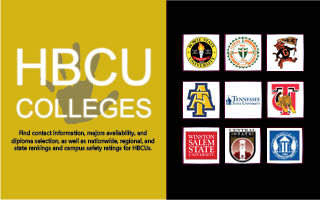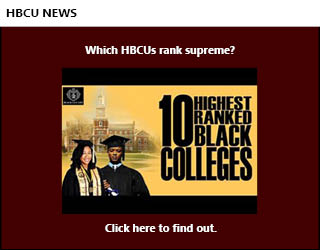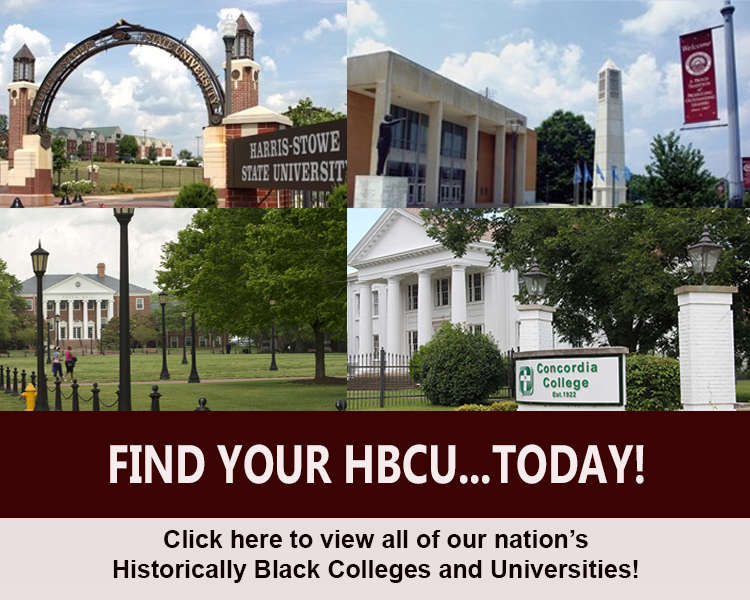Why HBCU Today Is Important!
- Details

Why HBCU Today Is Important!
Providing our youth, their parents, teachers, and school counselors with information about HBCUs heightens awareness of the existence and relevance of these great educational institutions. In addition—and as important—access to the HBCU Today digital e-book increases the possibility of more students pursuing post-secondary opportunities at HBCUs.
When our youth, their parents, teachers, and school counselors do not have easy access to information on HBCUs, the likelihood is that these students will miss out on the opportunity to consider these esteemed colleges and universities as institutions of choice. It is imperative that they understand HBCUs remain a viable and contributing force in the development of America. HBCU Today is a tool that supports effective sharing of information on HBCUs.
GALLUP STUDY: A 2015 Gallup study revealed that black graduates of HBCUs are more likely than black graduates of other institutions to be thriving—strong, consistent, and progressing—in a number of areas of their lives: purpose well-being, social well-being, financial well-being, community well-being, and physical well-being.

The thriving gap between black graduates of HBCUs and black graduates of other schools is largest in financial well-being, which gauges how effectively people are managing their economic lives to reduce stress and increase security. Four in 10 black HBCU graduates (40%) are thriving in this area, compared with fewer than three in 10 (29%) black graduates of other schools.
Of the five elements of well-being that Gallup measures, black graduates of HBCUs are most likely to be thriving in social (54%) and purpose (51%) well-being, which means the majority of them have strong social relationships and they like what they do each day and are motivated to achieve goals. While statistically similar percentages of black HBCU graduates and black non-HBCU graduates are thriving in social well-being, HBCU graduates lead non-HBCU graduates in purpose well-being—less than half of non-HBCU graduates (43%) are thriving in this area.
The profoundly different experiences that black graduates of HBCUs and non-HBCUs are having in college may leave HBCU graduates feeling better prepared for life afterward and potentially lead these two groups to live vastly different lives after college.





